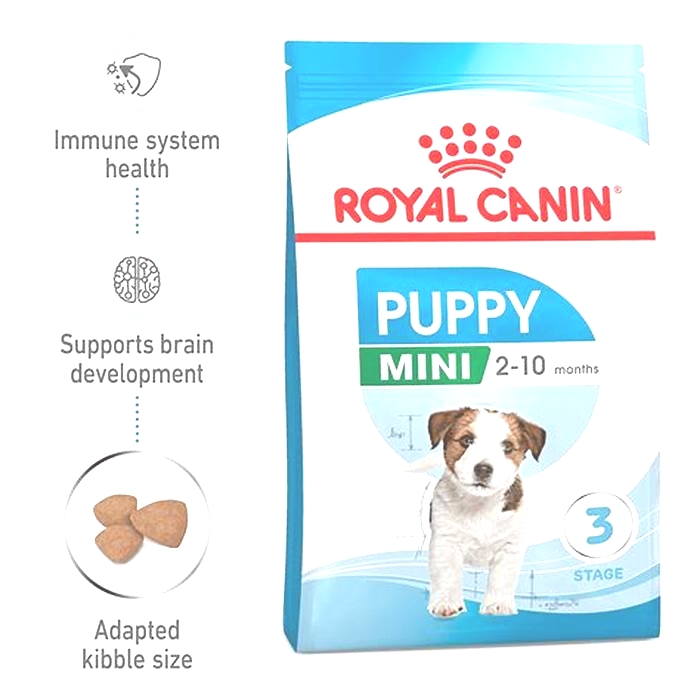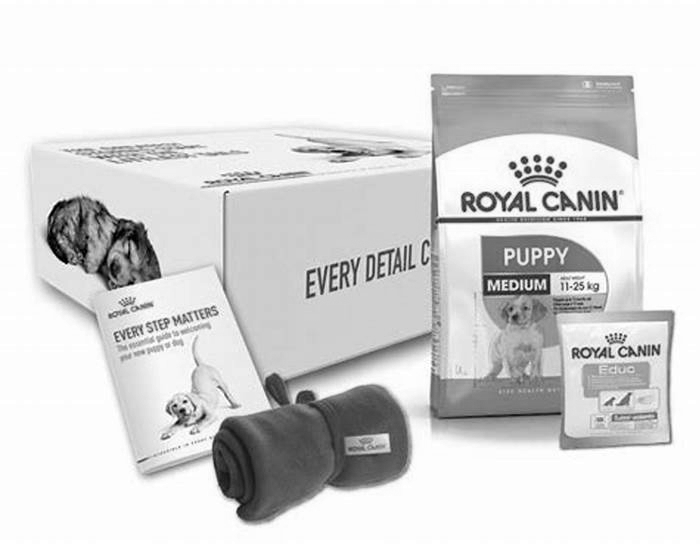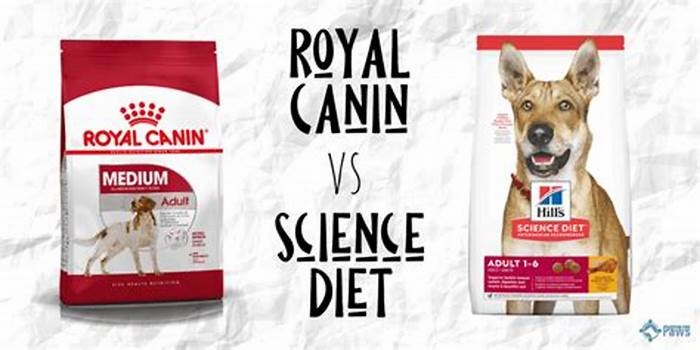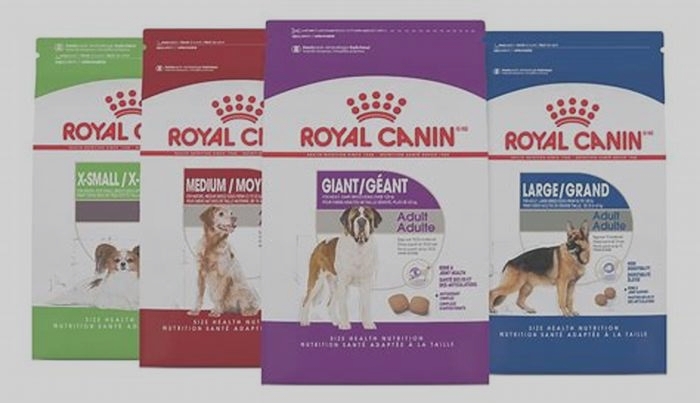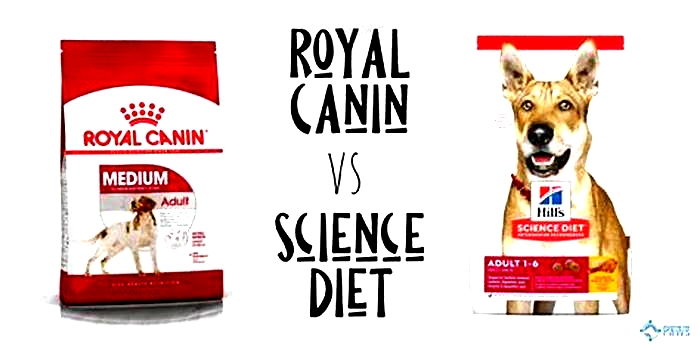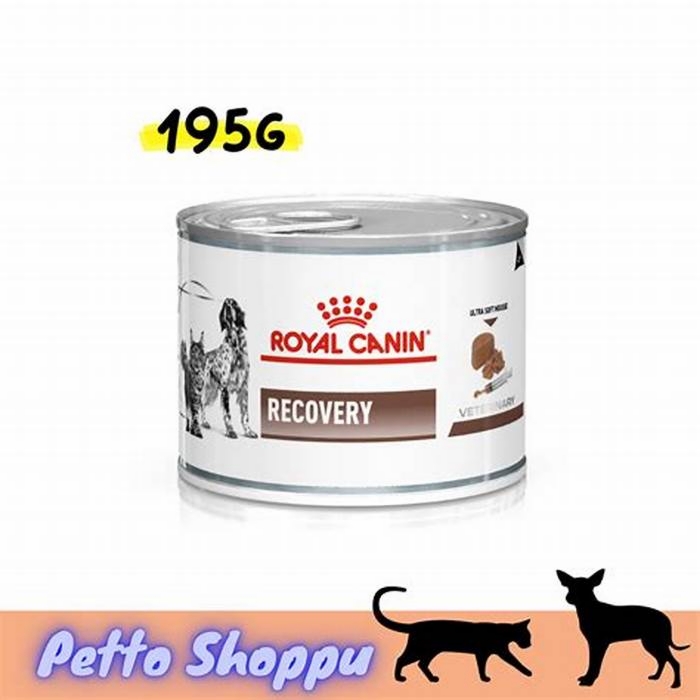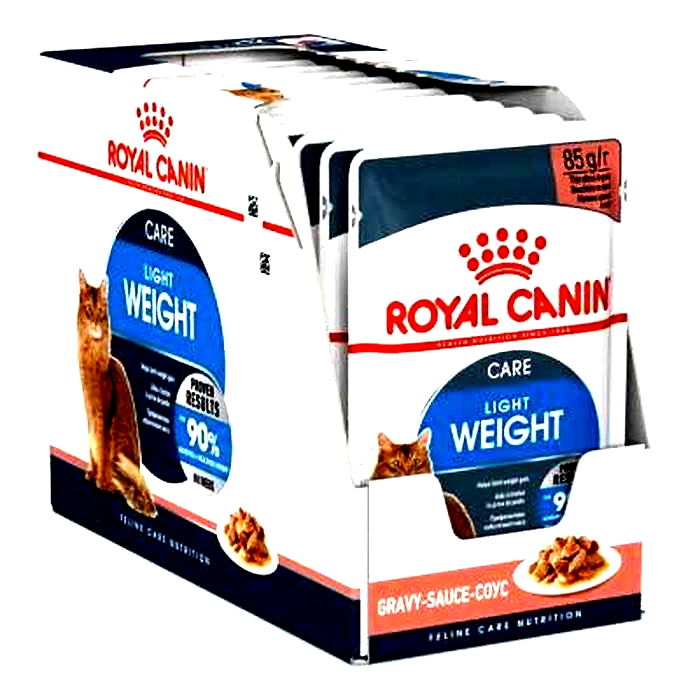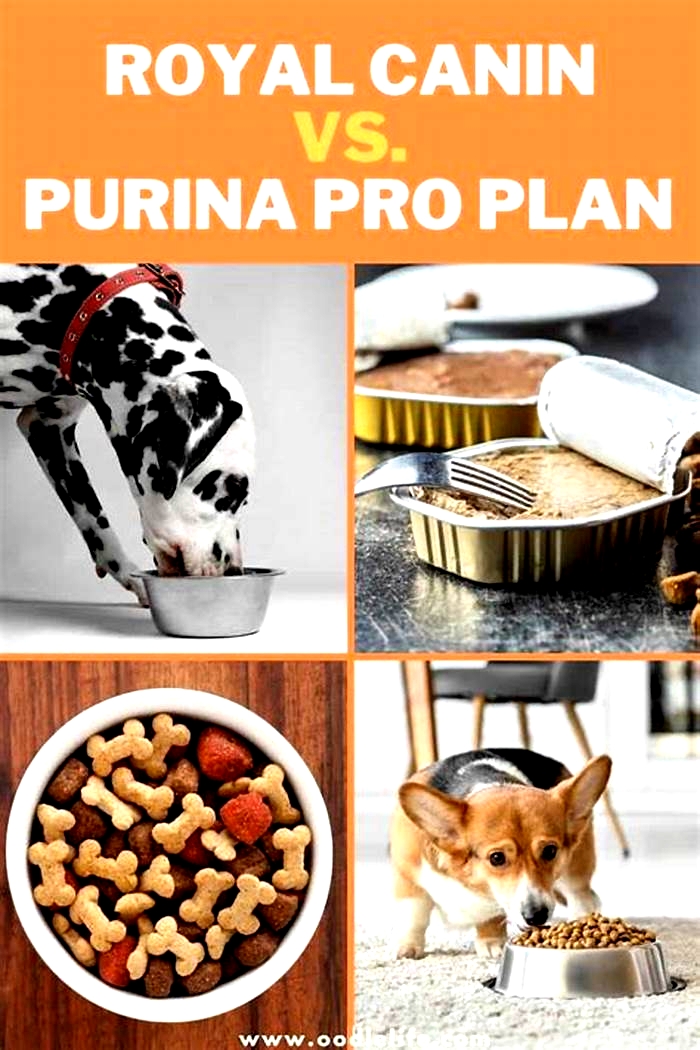Is Royal Canin OK for dogs
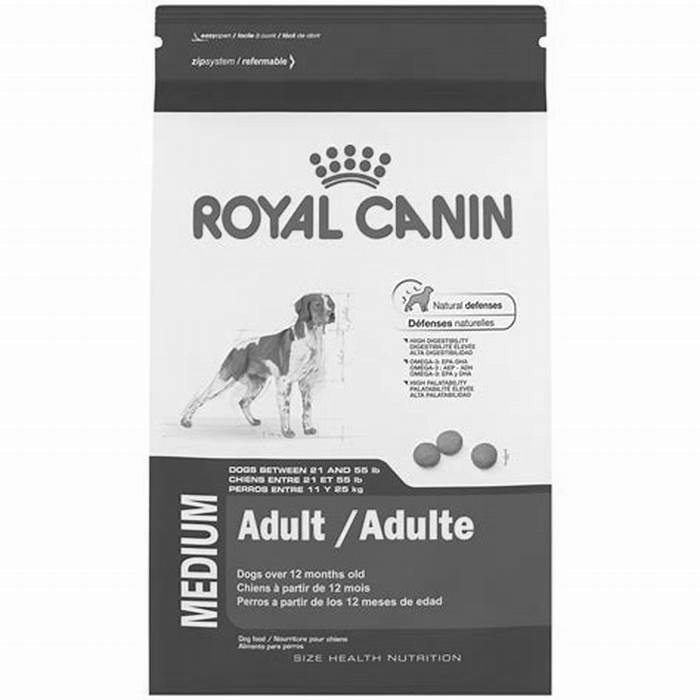
Canine Gastrointestinal Low Fat
Brewers rice,chicken by-product meal,barley,natural flavors,pork digest,pea fiber,dried plain beet pulp,chicken fat,monocalcium phosphate,salt,potassium chloride,calcium carbonate,powdered psyllium seed husk,sodium aluminosilicate,fish oil,fructooligosaccharides,choline chloride,vitamins[DL-alpha tocopherol acetate (source of vitamin E),L-ascorbyl-2-polyphosphate (source of vitamin C),biotin,D-calcium pantothenate,vitamin A acetate,riboflavin supplement,niacin supplement,vitamin B12 supplement,pyridoxine hydrochloride (vitamin B6),thiamine mononitrate (vitamin B1),vitamin D3 supplement,folic acid],rosemary extract,preserved with mixed tocopherols and citric acid,hydrolyzed yeast,DL-methionine,marigold extract (Tagetes erecta L.),trace minerals[zinc proteinate,zinc oxide,ferrous sulfate,manganese proteinate,manganous oxide,copper sulfate,sodium selenite,calcium iodate,copper proteinate],taurine.
Canine Ultamino
Ingredient: Corn starch, hydrolyzed poultry by-products aggregate, coconut oil, vegetable oil, natural flavors, powdered cellulose, dried chicory root, sodium silico aluminate, potassium chloride, monocalcium phosphate, L-tyrosine, fructooligosaccharides, fish oil, choline chloride, L-lysine, calcium carbonate, vitamins [DL-alpha tocopherol acetate (source of vitamin E), L-ascorbyl-2-polyphosphate (source of vitamin C), niacin supplement, vitamin B12 supplement, D-calcium pantothenate, biotin, pyridoxine hydrochloride (vitamin B6), riboflavin supplement, thiamine mononitrate (vitamin B1), vitamin A acetate, folic acid, vitamin D3 supplement], DL-methionine, taurine, L-tryptophan, histidine, trace minerals [zinc proteinate, zinc oxide, manganese proteinate, ferrous sulfate, manganous oxide, copper sulfate, sodium selenite, copper proteinate], marigold extract (Tagetes erecta L.), rosemary extract, preserved with mixed tocopherols and citric acid, magnesium oxide, potassium iodate.
Canine Urinary SO
Ingredients: Brewers rice, corn, chicken fat, chicken by-product meal, brewers rice flour, corn gluten meal, natural flavors, salt, powdered cellulose, potassium chloride, vegetable oil, calcium sulfate, fish oil, monocalcium phosphate, DL-methionine, fructooligosaccharides, L-lysine, choline chloride, taurine, vitamins [DL-alpha tocopherol acetate (source of vitamin E), biotin, D-calcium pantothenate, vitamin A acetate, niacin supplement, pyridoxine hydrochloride (vitamin B6), thiamine mononitrate (vitamin B1), vitamin B12 supplement, riboflavin supplement, vitamin D3 supplement, folic acid], trace minerals [zinc proteinate, zinc oxide, ferrous sulfate, manganese proteinate, manganous oxide, copper sulfate, calcium iodate, sodium selenite, copper proteinate], marigold extract (Tagetes erecta L.), L-tryptophan, rosemary extract, preserved with mixed tocopherols and citric acid.
Canine Hydrolyzed Protein HP Dry Dog Food
Brewers rice,hydrolyzed soy protein,chicken fat,natural flavors,pork fat,dried plain beet pulp,vegetable oil,fish oil,fructooligosaccharides,calcium carbonate,potassium chloride,potassium sorbate (a preservative),DL-methionine,monocalcium phosphate,vitamins[DL-alpha tocopherol acetate (source of vitamin E),niacin supplement,L-ascorbyl-2-polyphosphate (source of vitamin C),D-calcium pantothenate,biotin,pyridoxine hydrochloride (vitamin B6),riboflavin supplement,thiamine mononitrate (vitamin B1),vitamin A acetate,folic acid,vitamin B12 supplement,vitamin D3 supplement],potassium citrate,L-tyrosine,taurine,salt,choline chloride,borage oil,trace minerals[zinc oxide,manganese proteinate,ferrous sulfate,copper proteinate,sodium selenite,calcium iodate],marigold meal,magnesium oxide,rosemary extract,preserved with mixed tocopherols and citric acid.
Calorie Content
This diet contains 3866 kilocalories of metabolizable energy (ME) per kilogram or 332 kilocalories ME per cup on an as fed basis (calculated).
Hydrolyzed Protein Canine Treats
Brewers rice, hydrolyzed soy protein, chicken fat, natural flavors, vegetable oil, dried plain beet pulp, sodium silico aluminate, calcium sulfate, salt, fish oil, monocalcium phosphate, fructooligosaccharides, potassium chloride, calcium carbonate, sodium tripolyphosphate, DL-methionine, taurine, vitamins [DL-alpha tocopherol acetate (source of vitamin E), niacin supplement, L-ascorbyl-2-polyphosphate (source of vitamin C), D-calcium pantothenate, biotin, pyridoxine hydrochloride (vitamin B6), riboflavin supplement, thiamine mononitrate (vitamin B1), vitamin A acetate, vitamin B12 supplement, folic acid], choline chloride, trace minerals [zinc proteinate, zinc oxide, manganese proteinate, manganous oxide, copper sulfate, ferrous sulfate, sodium selenite, copper proteinate, calcium iodate], GLA safflower oil, marigold extract (Tagetes erecta L.), magnesium oxide, rosemary extract, preserved with mixed tocopherols and citric acid.Brewers rice, hydrolyzed soy protein, chicken fat, natural flavors, vegetable oil, dried plain beet pulp, sodium silico aluminate, calcium sulfate, salt, fish oil, monocalcium phosphate, fructooligosaccharides, potassium chloride, calcium carbonate, sodium tripolyphosphate, DL-methionine, taurine, vitamins [DL-alpha tocopherol acetate (source of vitamin E), niacin supplement, L-ascorbyl-2-polyphosphate (source of vitamin C), D-calcium pantothenate, biotin, pyridoxine hydrochloride (vitamin B6), riboflavin supplement, thiamine mononitrate (vitamin B1), vitamin A acetate, vitamin B12 supplement, folic acid], choline chloride, trace minerals [zinc proteinate, zinc oxide, manganese proteinate, manganous oxide, copper sulfate, ferrous sulfate, sodium selenite, copper proteinate, calcium iodate], GLA safflower oil, marigold extract (Tagetes erecta L.), magnesium oxide, rosemary extract, preserved with mixed tocopherols and citric acid.Brewers rice, hydrolyzed soy protein, chicken fat, natural flavors, vegetable oil, dried plain beet pulp, sodium silico aluminate, calcium sulfate, salt, fish oil, monocalcium phosphate, fructooligosaccharides, potassium chloride, calcium carbonate, sodium tripolyphosphate, DL-methionine, taurine, vitamins [DL-alpha tocopherol acetate (source of vitamin E), niacin supplement, L-ascorbyl-2-polyphosphate (source of vitamin C), D-calcium pantothenate, biotin, pyridoxine hydrochloride (vitamin B6), riboflavin supplement, thiamine mononitrate (vitamin B1), vitamin A acetate, vitamin B12 supplement, folic acid], choline chloride, trace minerals [zinc proteinate, zinc oxide, manganese proteinate, manganous oxide, copper sulfate, ferrous sulfate, sodium selenite, copper proteinate, calcium iodate], GLA safflower oil, marigold extract (Tagetes erecta L.), magnesium oxide, rosemary extract, preserved with mixed tocopherols and citric acid.
Calorie Content
This diet contains 3653 kilocalories of metabolizable energy (ME) per kilogram or 5.8 kilocalories ME per treat on an as fed basis (calculated).
Your Guide to Renal Diets for Dogs With Kidney Disease
When Should I Feed My Dog a Renal Diet?
Your veterinarian will move your dog onto a renal diet as soon as theyve been diagnosed with CKD. But the diet they recommend will vary based on the stage of kidney deterioration, which progresses from
IRIS Stage 1 to 4.
What Types of Renal Diets Are There?
Once your dog reaches IRIS Stage 2 CKD, phosphorus restriction becomes necessary and so a diet like Royal Canin Renal Supportmay be suggested. As well as being low in protein and phosphorus, it has a high energy density to help maintain weight.
The build-up of waste products in a dogs bloodstream may begin to affect their appetite around stage 2 and many dogs will need extra encouragement to eat. Renal diets are designed to be extremely palatable for this reason, but some diets like Royal Canins go further by allowing you to mix aromas, shapes, sizes, and textures, as well as wet and dry options, to create a variety of enticing flavors.You can also encourage eating by gently warming wet food and adding warm water to dry diets. Because dogs with CKD have an increased risk of dehydration, always ensure they have access to lots of fresh water.If your dog has additional dietary requirements, due to food sensitivity or joint pain, there are different versions of renal dog food availablethat combine the various benefits into one carefully formulated diet.In the final stages of CKD, a veterinarian may use a liquid diet if specific types of feeding tubes are placed.Nutrition plays a major role in the management of CKD and can make a considerable impact on the quality of life of a dog. If you have questions about renal diets or CKD, speak to your veterinarian.
References:
1Polzin DJ. Chronic kidney disease. In Bartges J, Polzin DJ, editors. Nephrology and urology of small animals. Ames (IA): Wiley Blackwell, 2011: 433-471
2Jacob F, Polzin DJ, Osborne CA, Allen TA, Kirk CA, Neaton JD, Lekcharoensuk C, Swanson LL. Clinical evaluation of dietary modification for treatment of spontaneous chronic renal failure in dogs. J Am Vet Med Assoc. 2002 Apr 15;220(8):1163-70. doi: 10.2460/javma.2002.220.1163.
3Cowgill LD, Polzin DJ, Elliott J, Nabity MB, Segev G, Grauer GF, Brown S, Langston C, van Dongen AM. Is Progressive Chronic Kidney Disease a Slow Acute Kidney Injury? Vet Clin North Am Small Anim Pract. 2016 Nov;46(6):995-1013. doi: 10.1016/j.cvsm.2016.06.001. PMID: 27593574.
4Lippo I, Guidi G, Marchetti V, et al. Prognostic role of the product of serum calcium and phosphorous concentrations in dogs with chronic kidney disease 31 cases (2008-2010). J Am Vet Med Assoc 2014;245:1135-1140.
Canine Advanced Mobility Support Dry Dog Food
Brewers rice, chicken by-product meal, wheat, corn, rice hulls, wheat gluten, chicken fat, natural flavors, corn gluten meal, fish oil, dried plain beet pulp, gelatin, sodium silico aluminate, potassium chloride, calcium carbonate, salt, turmeric extract, vitamins (DL-alpha tocopherol acetate [source of vitamin E], L-ascorbyl-2-polyphosphate [source of vitamin C], biotin, D-calcium pantothenate, vitamin A acetate, niacin supplement, pyridoxine hydrochloride [vitamin B6], thiamine mononitrate [vitamin B1], vitamin B12 supplement, riboflavin supplement, vitamin D3 supplement, folic acid), choline chloride, taurine, green tea extract, marigold extract (Tagetes erecta L.), L-lysine, trace minerals (zinc oxide, ferrous sulfate, manganous oxide, copper sulfate, calcium iodate, sodium selenite), rosemary extract, preserved with mixed tocopherols and citric acid.
Calorie Content
This diet contains 3428 kilocalories of metabolizable energy (ME) per kilogram or 313 kilocalories ME per cup on an as fed basis (calculated).
Mixed feeding your dog
Is it better to use wet dog food or dry food? Or maybe prepare your dog food yourself? These are very often asked questions new pet owners ask their vets. Proper nutrition for dogs is the key to their healthy development. So it can be a daunting task to decide whats best to feed them.
Types of dog food
The most important ingredient that differentiates wet and dry dog food is the water content. In dry foods, the moisture content is around 8%, while in wet foods, this is usually around 75%. This means that the content of nutrients, and hence metabolic energy, is definitely higher in dry foods than in wet foods.
100 grams of dry dog food contains about 370 kcal. The same amount of wet food contains "only" 100 kcal. The differences are therefore significant. This also adds to the amount of food your dog eats. To cover your daily energy needs by feeding your dog only with dry food, you need to feed it about 3-4 times less than if we fed your dog only with wet food.
Wet dog food may have more stimuli affecting your dog's sense of taste. Dry dog food is more difficult to chew, which can be a problem for some animals. There are dogs that are particularly picky, so will only play with dry food instead of actually eating it. This may be due to the difficulty in chewing on hard kibbles. The dog can then treat them as a toy, not food.
Mix feeding - combining wet and dry food
Both types of feed have their pros and cons, which is why pet owners are increasingly choosing to combine them. This is a good solution that can bring many benefits.
Combining wet and dry food brings a number of benefits. When it is necessary to switch a pet to a wet diet, the body will be prepared for such a change. This change can be carried out efficiently, quickly, and most importantly, without any unpleasant consequences.
There is no need to mix the dry food and the wet food in the one bowl when you feed your dog. In fact, you don't even need to serve them at the same time. One of the benefits of dry food is it doesn't spoil easily or leave a strong smell, which makes it perfect to leave out during the day if your dog likes to snack rather than gobble their food down. Then you can serve them their wet food in the evenings.
There are, however, two important points to keep in mind.

